Our Story
The Roots of Indigibee
Australia’s first Aboriginal-owned stingless bee rescue service, began with a simple but powerful idea: to protect what matters most—our environment, our culture, and our future.
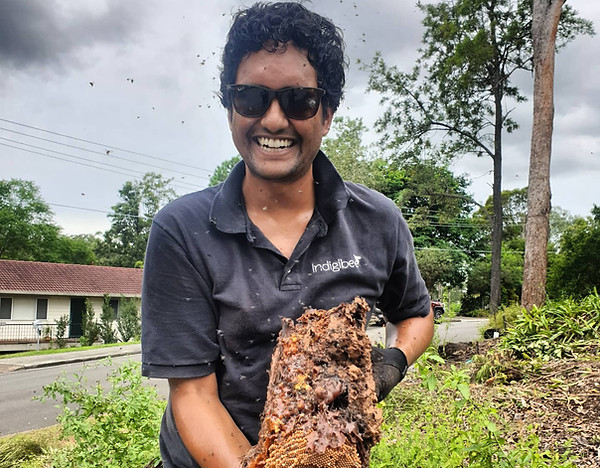
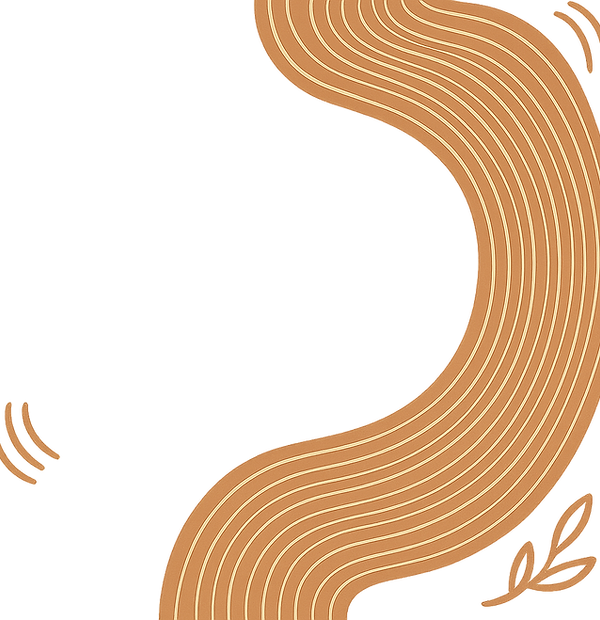
Founded in 2016 by Alex Ibarra, a proud Kooma and Bidjara man from Central Queensland, Indigibee emerged at the intersection of education, conservation, and cultural reconnection.
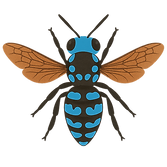
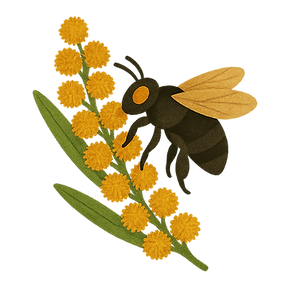
Before starting Indigibee, Alex was a teacher, working in classrooms across Queensland to support young people in subjects like english, maths, and science.
But it was during his time in education that he began to notice a worrying trend Australia’s native bees were under threat, and almost no one was talking about it.
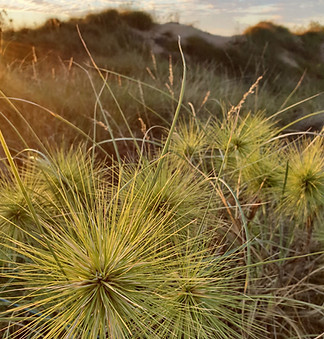
As someone deeply connected to Country and culture, Alex saw native bees not only as vital pollinators but also as part of a much older story—one of knowledge, land, and reciprocity.
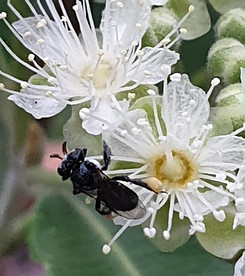
That’s where Indigibee began: as a one-man effort to rescue native stingless bee colonies from areas impacted by urban development, land clearing, and agricultural expansion.
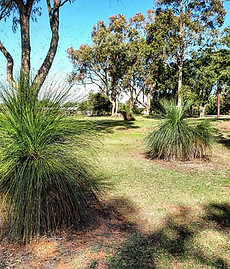
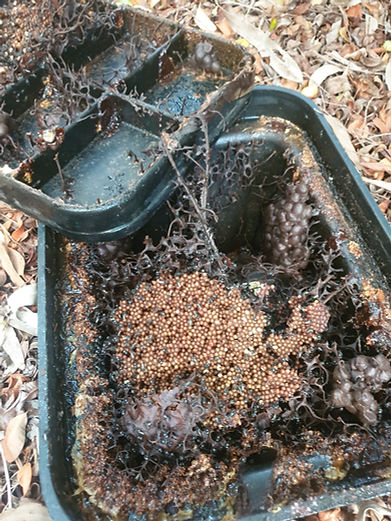
Alex started relocating these vulnerable colonies to safer environments. But he didn’t stop there.
He saw a chance to bring others on the journey, to teach about the role of native bees in our ecosystems, and to restore their place in the wider environmental and cultural conversation.
Over time, Indigibee grew from a small bee rescue initiative into a broader movement.
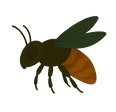
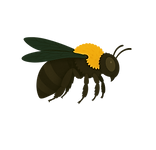
Today, it’s about more than saving bees, it’s about reconnecting people with Country, promoting Indigenous-led environmental action, and educating communities on the vital role of native bees.
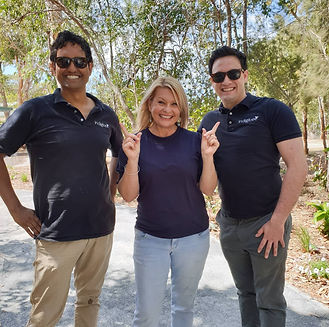
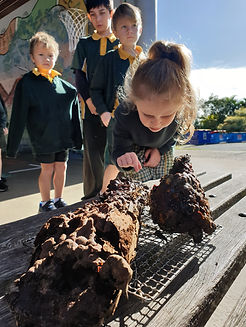
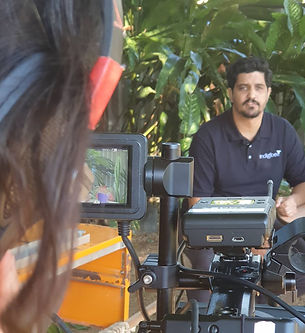
Through workshops, markets, school visits, and storytelling, Indigibee inspires others to see the land and the bees as part of a bigger story.
At its core, Indigibee blends cultural knowledge with science to heal Country, empower Aboriginal and Torres Strait Islander voices, and remind us that caring for the land is a shared responsibility.
While the work continues to grow, the mission stays the same: protect the bees, share the knowledge, and honour the land.
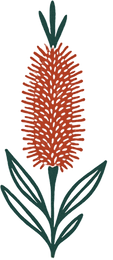



_edited_edited.png)

_edited_edited.png)
_edited_edited_edited.png)
_edited_edited.png)
_edited_edited.png)
_edited_edited_edited.png)
_edited_edited.png)


